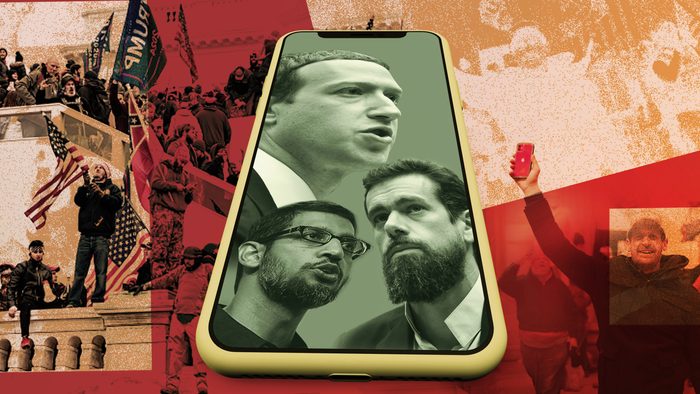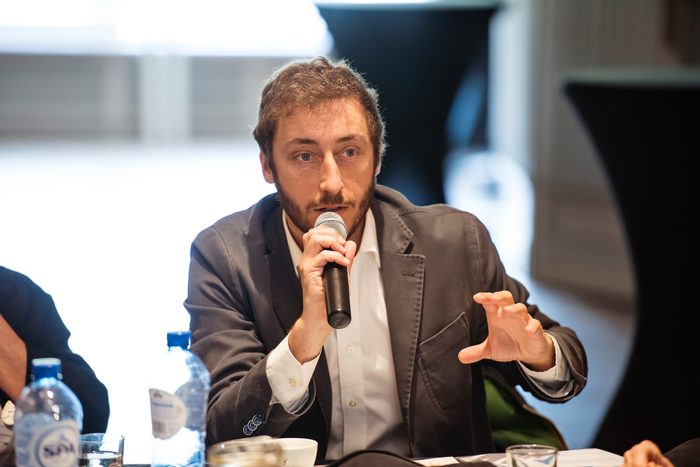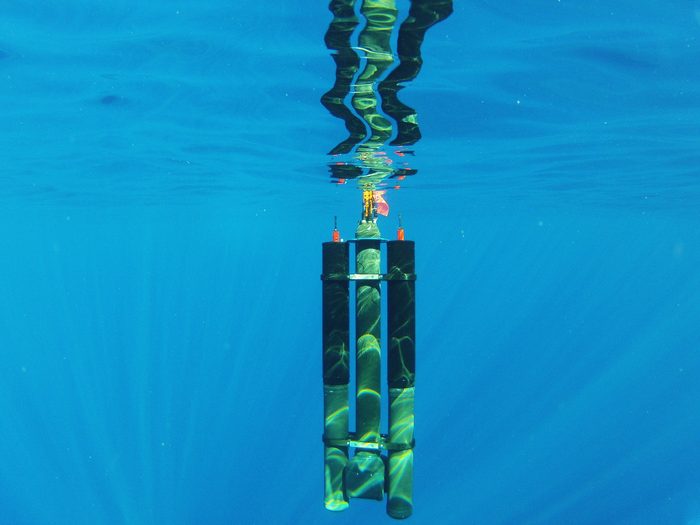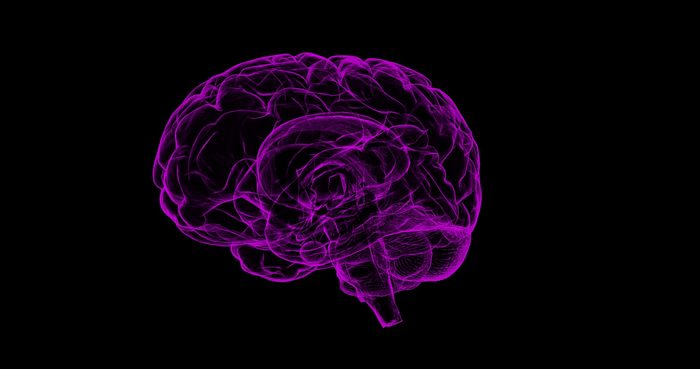Good morning, this is Zelda, and in tech news today the internet is addressing the notion of responsibility and free speech after social media platforms clamped down on US President Trump.
We'll discuss also the humanitarian digital dilemmas brought to light by the Covid crisis. And I am very happy to welcome GESDA to this newsletter. Enjoy their selection of science and diplomacy reads! |

MS TECH | GETTY. Source: MIT Technology Review.
|
|

Massimo Marelli, Head of the Data protection Office at the ICRC.
|
|
Here's what else is happening
|

Two SL1 generators from Seatrec flank a profiling float during a test in Hawaii last year. Source: SEATREC/WIRED.
|
|
|
Science & Diplomacy reads, by GESDA
|
|

Raman Oza from Pixabay
|
|
Is consciousness the fruit of quantum effects?
What a bizarre question, many of you might say. Both the neuroscientific definition of consciousness and quantum technologies are two research fields that are in constant evolution and complex to navigate, if not to simply understand. So merging them into what some call “quantum biophysics” demands an additional layer of acceptance of abstraction and ingenuity - but isn’t this the reaction which accompanied the work of the most brilliant minds in the past, like firstly Einstein at the dawn of the 20th century with its theories of relativity?
In the new edition of Physics World, Francesco Petruccione, at the University of KwaZulu-Natal, offers us one of these refreshing and original ideas based on cutting-edge scientific research, which allows us to think outside of the box. Ideal to start a new year of fascinating science advances! Happy 2021!
- Olivier Dessibourg
|

This selection is proposed by the Geneva Science and Diplomacy Anticipator
GESDA, working on
anticipating cutting-edge science and technological advances to develop innovative and inclusive
solutions for the
benefit of the planet and its inhabitants.
|
|
GS news is a new media project covering the world of international cooperation and development. Don’t hesitate to forward our newsletter!
Have a good day!
|

|
|
Avenue du Bouchet 2
1209 Genève
Suisse
|
|
|
| |












